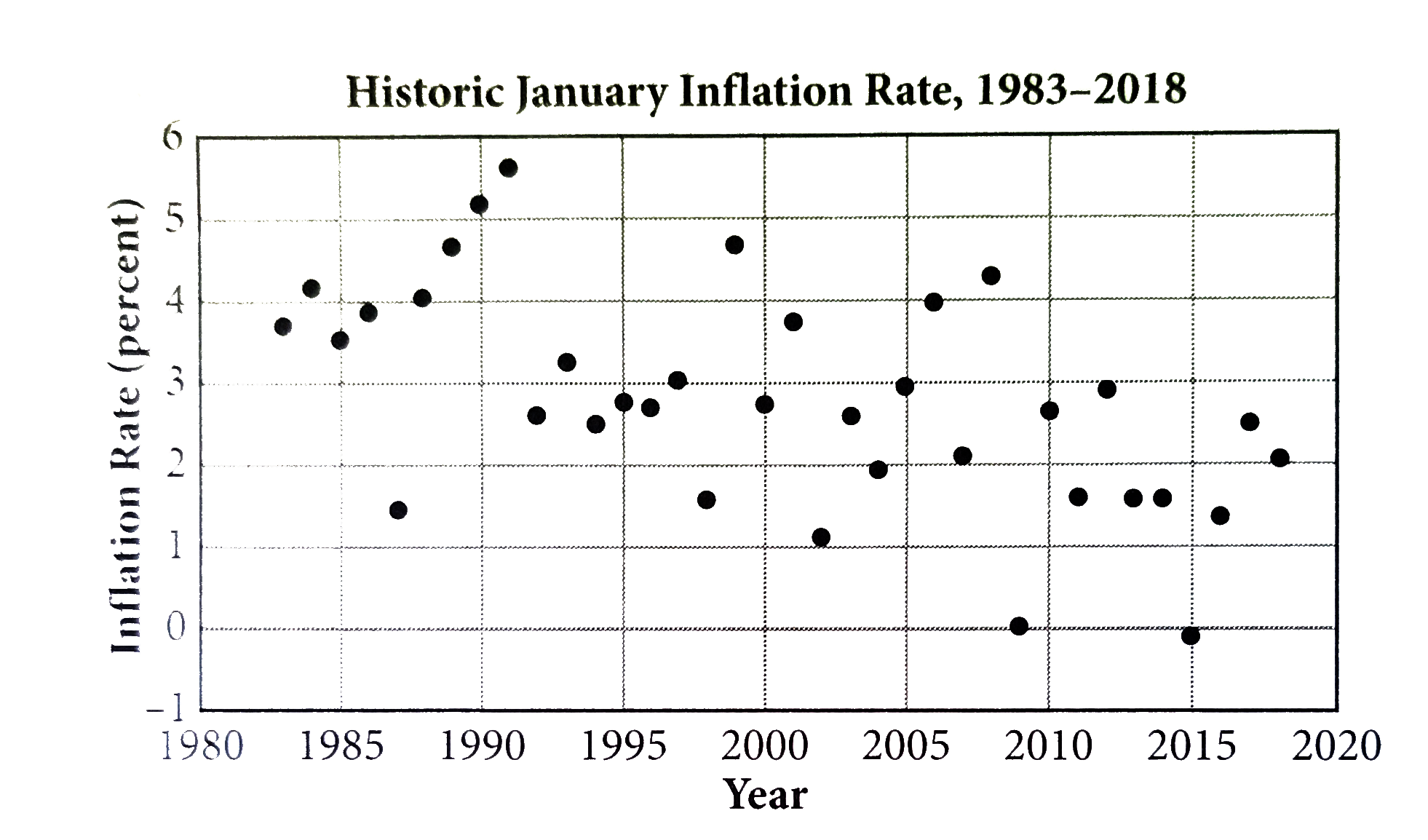Which is the most accurate clock?
Step-by-Step Solution:
1. Understanding the Concept of Accuracy in Clocks:
- Accuracy in clocks refers to how close the clock's timekeeping is to the actual time. The more accurate a clock is, the less it deviates from the true time.
2. Types of Clocks:
- There are various types of clocks, including mechanical clocks, quartz clocks, atomic clocks, and optical lattice clocks. Each type has a different level of accuracy.
3. Identifying the Most Accurate Clock:
- Among the different types of clocks, atomic clocks are known for their high precision. They use the vibrations of atoms (usually cesium or rubidium) to measure time.
4. CCM Clock:
- The video mentions the "CCM clock," which likely refers to a specific type of atomic clock known for its exceptional accuracy. CCM stands for "Clock Comparison Method," which is a technique used to compare the accuracy of different clocks.
5. Conclusion:
- Therefore, the most accurate clock is the CCM clock (or a highly advanced atomic clock), which can measure time with incredible precision, often to within a few billionths of a second.
- Accuracy in clocks refers to how close the clock's timekeeping is to the actual time. The more accurate a clock is, the less it deviates from the true time.
- There are various types of clocks, including mechanical clocks, quartz clocks, atomic clocks, and optical lattice clocks. Each type has a different level of accuracy.
- Among the different types of clocks, atomic clocks are known for their high precision. They use the vibrations of atoms (usually cesium or rubidium) to measure time.
- The video mentions the "CCM clock," which likely refers to a specific type of atomic clock known for its exceptional accuracy. CCM stands for "Clock Comparison Method," which is a technique used to compare the accuracy of different clocks.
- Therefore, the most accurate clock is the CCM clock (or a highly advanced atomic clock), which can measure time with incredible precision, often to within a few billionths of a second.
Topper's Solved these Questions
- UNITSBOOK - ICSECHAPTER - UNITSEXERCISE - MODULE 3 (SELECTED PROBLEMS)
38 Videos
- UNITSBOOK - ICSECHAPTER - UNITSEXERCISE - MODULE 3 (SHORT ANSWER QUESTIONS)
42 Videos
- THERMAL RADIATION BOOK - ICSECHAPTER - THERMAL RADIATION EXERCISE - SELECTED PROBLEMS (from WIEN.S DISPLACEMENT LAW)
14 Videos
- VECTORS SCALARS ELEMENTARY CALCULUS BOOK - ICSECHAPTER - VECTORS SCALARS ELEMENTARY CALCULUS EXERCISE - UNSOLVED PROBLEMS
79 Videos
Similar Questions
Which set of terms most accurately describes the pathway taken by a molecule of CO2 from the atmosphere to the point where it enters the calvin cycle ?
View Solution_E01_111_Q01.png)
Water coming out of the mouth of a tap and falling vertically in stream line flwo forms a tapering column. i.e., the area of cross-section of the liquid column decreases as it moves down which of the following is the most accurate explanantion for this-
View Solution
Knowledge Check
Which of the following is the most accurate measurement?
A9mB9.0mC9.00mD9.000m
Which of the following is the most accurate statement about the scatterplot above ?AThe data in the scatterplot has a weak positive correlation.BThe data in the scatterplot has a stong positive correlation.CThe data in the scatterplot has a negative correlation.DThere is no correlation in the data set.Which of the following is the most accurate general description of the kingdom Protista ?
AEukaryotic, photosynthetic or heterotrophic organisms that inhabit moist environments, form resistant cysts, and reproduce with flagellated gametesBRelatively simple versions of plants, animals and fungiCEukaryotic, unicellular organisms that may be photosynthetic or heterotrophicDEukaryotic, heterotrophic and/or photosynthetic, unicellular or simple multicellular organisms, which are different enough from multicellular plants, fungi, or animals to be placed in this diverse group
Which of the following specification is most accurate ?
View SolutionWhich is showing accurate pairing
View SolutionWhich of the following length measurements is/are the most accurate and why?
View SolutionWhich of the following accurately the set of solutions for the lines 6x+12y=−24andy=−12x+2?
View SolutionWhich of the following most accurately describes the first step in the reaction of hydrogen chloride with 1-butene ?
View Solution
